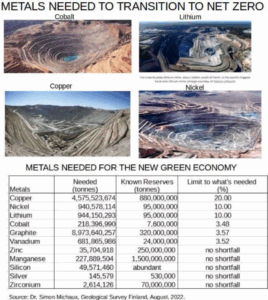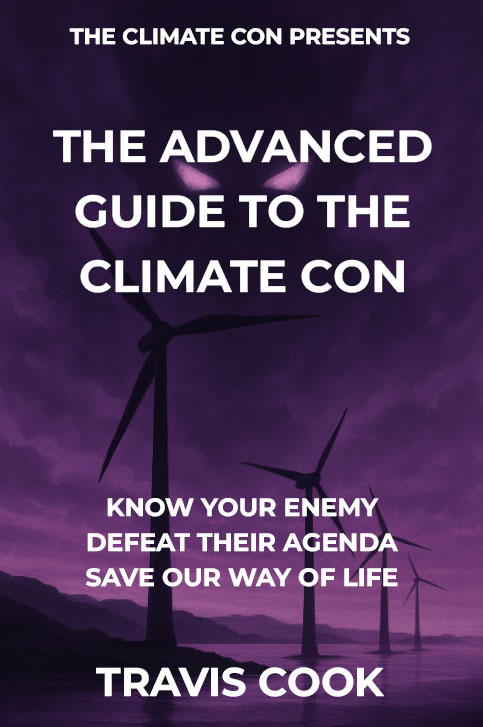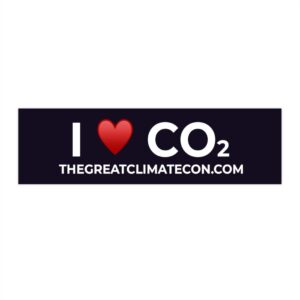Electric Vehicles Face Shipping Restrictions as Industry Struggles Deepen
Unreliable, expensive. dangerous and not wanted by most people, the electric vehicle industry is showing its true colours and it’s anything but green

The EV Hype Has Fizzled Out
Electric Vehicles Banned From Major Shipping Company

Logistical issues, such as fires on cargo ships carrying EVs, further expose the industry’s fragility. Lithium-ion battery fires, notoriously difficult to extinguish, have caused incidents like the 2023 Fremantle Highway fire off the Netherlands, where thousands of EVs were destroyed, raising safety and insurance concerns for maritime transport. These incidents underscore the risks of scaling up EV production without robust safety protocols, adding to the industry’s logistical and financial burdens.
Matson, a major U.S.-based cargo shipping company, has announced an immediate and indefinite halt to all shipments of electric vehicles (EVs) and plug-in hybrids (PHEVs) across its entire maritime network, citing rising concerns over fire hazards linked to lithium-ion batteries. This isn’t the first time a company has called it quits on electric vehicles on ships. In 2023 a Norwegian ferry operator, Havila Krystruten, also said no more EV’s on its ships, probably due to the massive fire in the Netherlands in 2023.


According to The Maritime Executive, Matson had worked to overcome the difficulties, including forming the Electric Vehicle Safe Carriage Group to resolve the issue but instead now has decided it is time to pull the plug on EV’s. No doubt this will send shockwaves to the EV industry globally and it seems to be a turning point in the global adoption of EV’s. Ironically, there are now reports coming out that because Elon Musk has deflected to the right and helped secure a Trump victory, many on the left, who also happened to be EV owners have decided they no longer like EV’s. What a comedy.
This unprecedented move follows a string of high-profile shipping fires, including the June 2025 loss of the Morning Midas, which sank after a suspected battery-related blaze aboard its vehicle deck. Matson confirmed the decision in internal customer emails, noting the risk of thermal runaway and the challenges of suppressing EV battery fires at sea. In 2024, Porsche was sued due to a massive fire on the cargo ship being traced back to one of its EV cars.
The shift happening in the USA right now is seismic and will have big impacts on the UK going forward. There are even government reports commissioned by the energy secretary of the USA being pro CO2 and hydrocarbons. We just need to ride this momentum and make the most of it whilst we can and finish the job, destroy The Climate Con and continue on from there.
Car Manufactures Are Pulling A Major EV U Turn
EV manufacturers are also backtracking on ambitious deadlines. Ford, Volvo, and others have delayed their all-electric commitments beyond 2030, citing weak demand and production challenges. The UK’s 2030 ban on new ICE car sales, now softened to allow hybrids until 2035, reflects this reality, as manufacturers leverage regulatory flexibilities to avoid penalties. This retreat signals a lack of confidence in EVs’ ability to dominate the market. Don’t be surprised if this attempted by on ICE vehicles continues to get get delayed as the rubber meets the road on the practicality of EV’s.
There Is Nothing Environmentally Friendly About EV's


And of course there is nothing ‘green’ about these vehicles and their batteries. It’s all a lie shrouded in deception, propaganda and the hijacking of language. The environmental toll of EV battery production is a critical concern. Mining for lithium, cobalt, and nickel devastates habitats, pollutes waterways, and displaces communities. In regions like Tibet and the Philippines, mining has led to toxic leaks and ecosystem degradation, causing havoc for the local population. Only 5% of batteries are recycled globally, with most ending up in landfills, exacerbating pollution. Hydrocarbons, by contrast, offer a reliable, efficient energy source that has fuelled innovation and prosperity, with modern technologies minimising environmental impact. Embracing CO2 as a vital component of life, rather than a pollutant, frees us to focus on real conservation, protecting habitats over chasing unproven EV dreams.
Continue Your Learning

Climate Working Group Disbanded
Our enemies cannot handle a debate because the truth is too powerful. Instead, they do everything possible to silence opposition.

Net Zero Is Mathematically Impossible
Not only does net zero fail a logic test, it fails a maths test even more significantly. Numbers and facts don’t lie, no matter how loud the climate cult cry.

A Ridiculous Foray into Eco-Fantasy: The Vatican’s “Borgo Laudato Si” A New Climate Cult Centre
For some reason the pope is joining the ranks of the climate cult and is opening a new eco centre to supposedly inspire others to join the climate cult.

Net Zero Banking Alliance Defeated
The net zero banking alliance all but admits defeat as they pause operations and their future hangs in the balance of a members vote.

The Climate Is Always Changing And That’s A Good Thing
The climate is always changing and that is a good thing. I could adapt to it being a bit warmer in the UK quicktime, how about you?

Oil Rig Parts Maker Nearly Completely Abandons Operations Due To ‘cult of carbon’
The UK is getting left behind as the decimation of our industry continues under the banner of net zero. When we realise we don’t need any of this and claim our true abundant destiny?
Our Products
-
Accessories
No Digital ID Stickers – International
£3.50 – £4.00 This product has multiple variants. The options may be chosen on the product page -
Accessories
Chemtrail Awareness Sticker 2
£3.33 – £3.83 This product has multiple variants. The options may be chosen on the product page -
Stop Digital ID For Children Sticker Sheet
Stop Digital ID For Children Sticker Sheet 64 mm Dia
£2.99 -
Accessories
I Love CO2 Shirt
£17.20 – £29.20 This product has multiple variants. The options may be chosen on the product page -
The Advanced Guide To The Climate Con Sigfned
The Advanced Guide To The Climate Con (Signed Hardcopy)
£32.99 -
Accessories
The Climate Has Always Changed Sticker
£3.33 – £3.83 This product has multiple variants. The options may be chosen on the product page -
Clothing
I Love CO2 Hoodie
£28.00 – £30.00 This product has multiple variants. The options may be chosen on the product page -
Accessories
White glossy mug
£7.00 – £9.50 This product has multiple variants. The options may be chosen on the product page
Track The Cost Of Net Zero
Stay ahead of the transition with real-time cost monitoring and optimization tools.
Access Cost Trackers →














